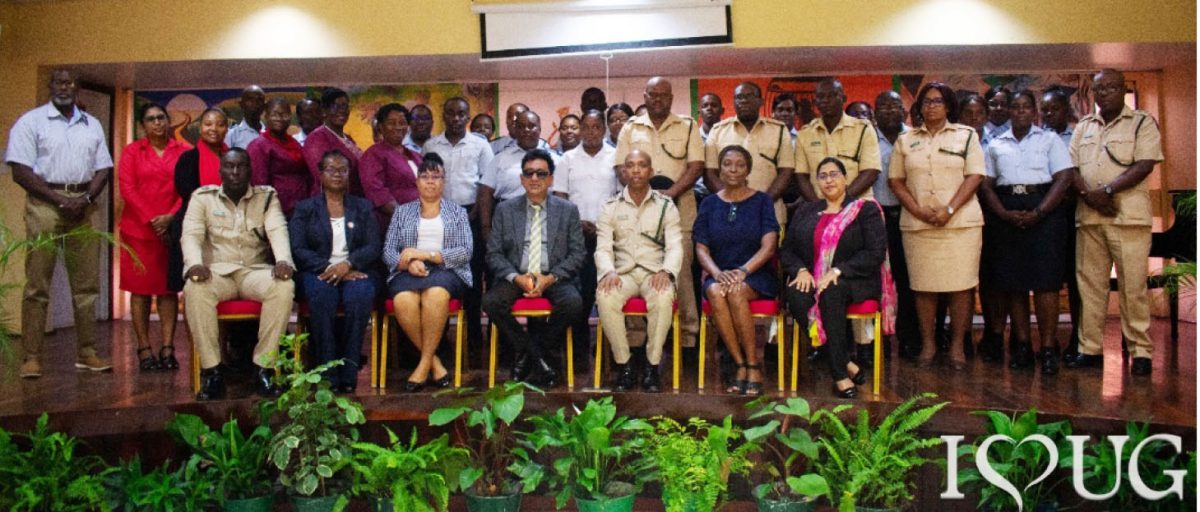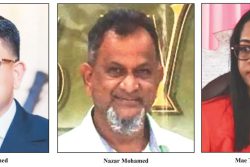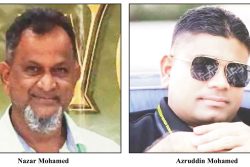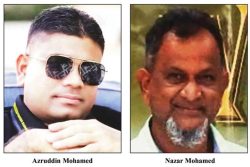The Guyana Prison Service in collaboration with the education sector is making efforts to enhance the quality of the care of its prisoners.
In a release recently, the University of Guyana announced that its Institute for Human Resiliency, Strategic Security, and the Future (IHRSSF), had on Thursday, launched a ground-breaking First Responders Course on Mental, Neurological, and Substance Abuse Disorders (MNS). The launch, which was held in the Education Lecture Theatre at the university’s Turkeyen campus, is a collaborative effort between UG, the Guyana Prison Service, and the University of Leicester, and is aimed at addressing critical gaps in mental health care within the prison system.
According to the release, the training will be conducted in batches, with the first group of beneficiaries comprising 60 prison officers, which represents two batches of 30 each. It is designed to build the capacity of prison staff to detect, intervene, offer basic support, and make referrals for inmates with MNS disorders. The anticipated outcomes, it added, include cost savings for the prison system and other organisations, as well as officer performance.
Attorney General and Minister of Legal Affairs, Anil Nandlall, who spoke at the ceremony, highlighted the historical neglect of mental health issues in Guyana and noted the shift towards a more humane and modern approach to addressing the issue. He acknowledged the societal cruelty towards individuals with mental health conditions and praised the current efforts to address these issues comprehensively. “We have come to appreciate mental health issues, neurological issues, and substance abuse issues, as medical conditions that require specialised interventions.”
He emphasised the need for the enactment of modern mental health legislation and the establishment of a governance structure staffed with qualified personnel. Meanwhile, UG Vice-Chancellor, Professor Paloma Mohamed-Martin, encouraged all course participants to ensure a 100 per cent graduation rate, and highlighted the importance of completing the training to fully benefit from the initiative. She thanked the government, IDB, and other supporters and urged more individuals to take advantage of this vital training opportunity.
Deputy Vice-Chancellor for Institutional Advancement, Dr Mellissa Ifill, expressed her appreciation for the collaborative efforts that brought the programme to fruition. She highlighted the partnership’s origins in 2016 and the impactful projects completed, including documenting the history of the Guyana Prison Service and a four-year research project on MNS disorders. “This research formed the basis for the new course, which aims to train prison officers to effectively handle MNS disorders…Our goal is to ensure that all prison officers who interact with inmates affected by MNS disorders receive this training.”
And Director of the Guyana Prison Service, Nicklon Elliot, expressed his delight at the launch of the course, underscoring the prison service’s commitment to correctional reform and human rights best practices. He emphasised the need for ongoing training to meet current needs and improve public confidence in the prison system.







